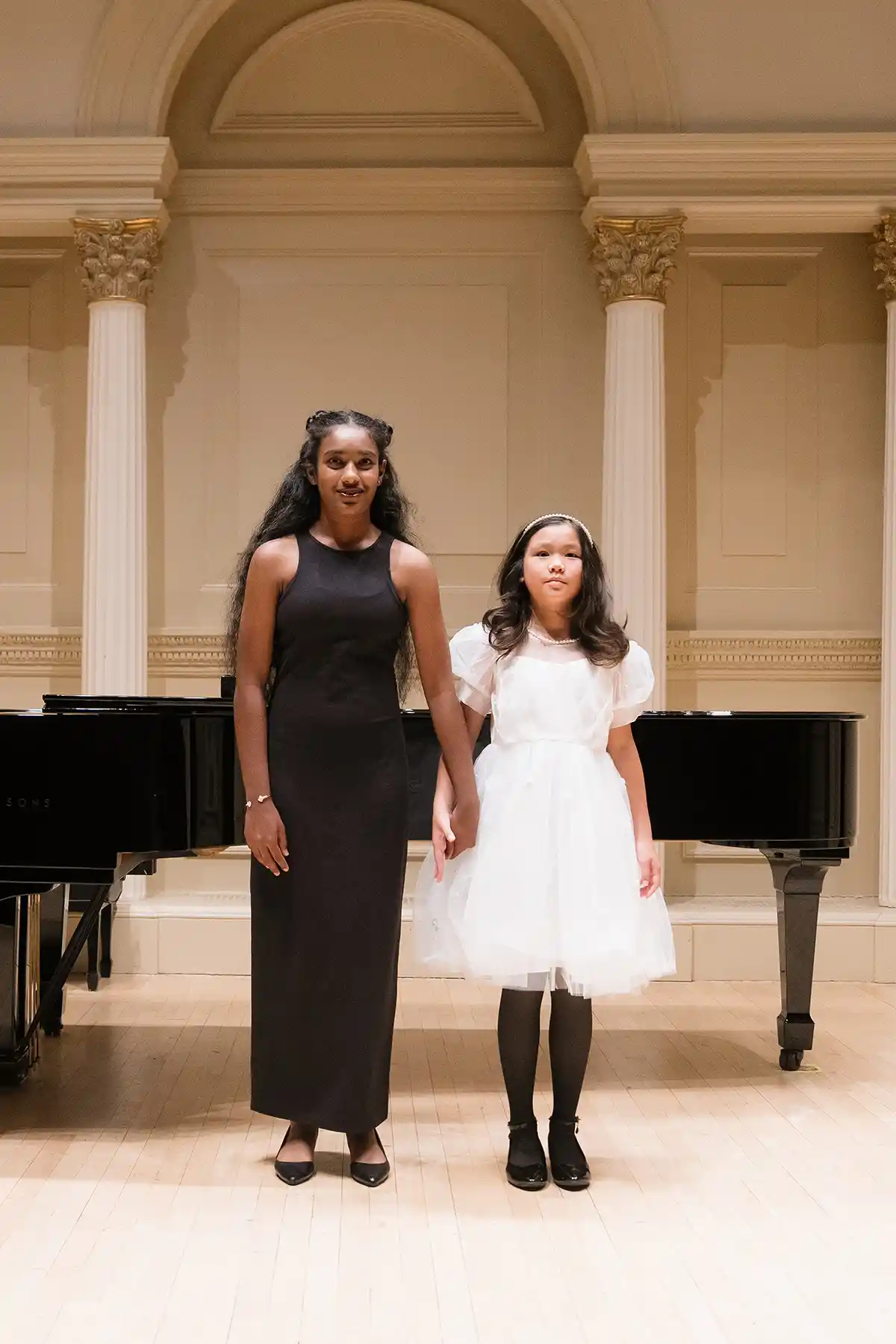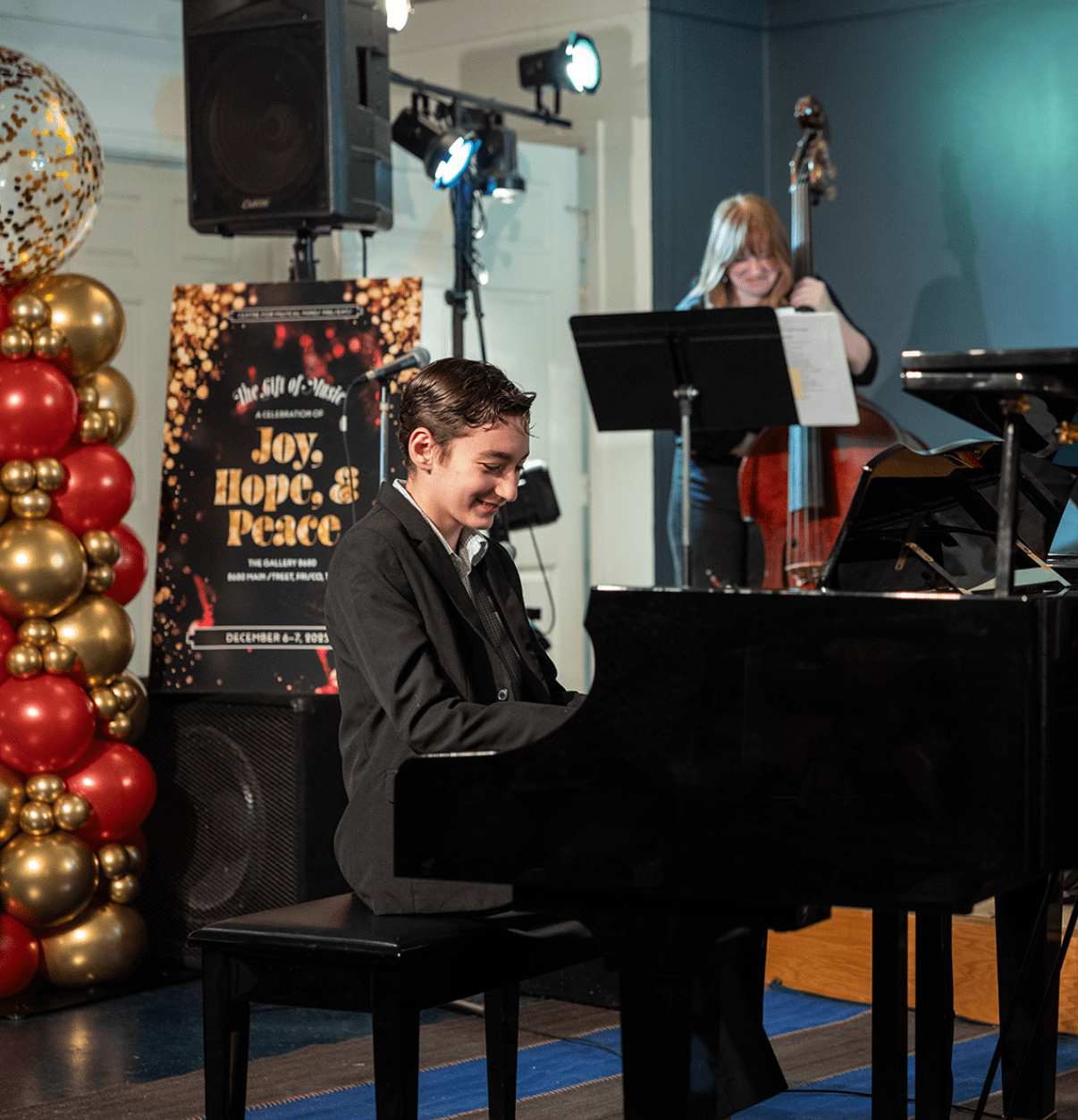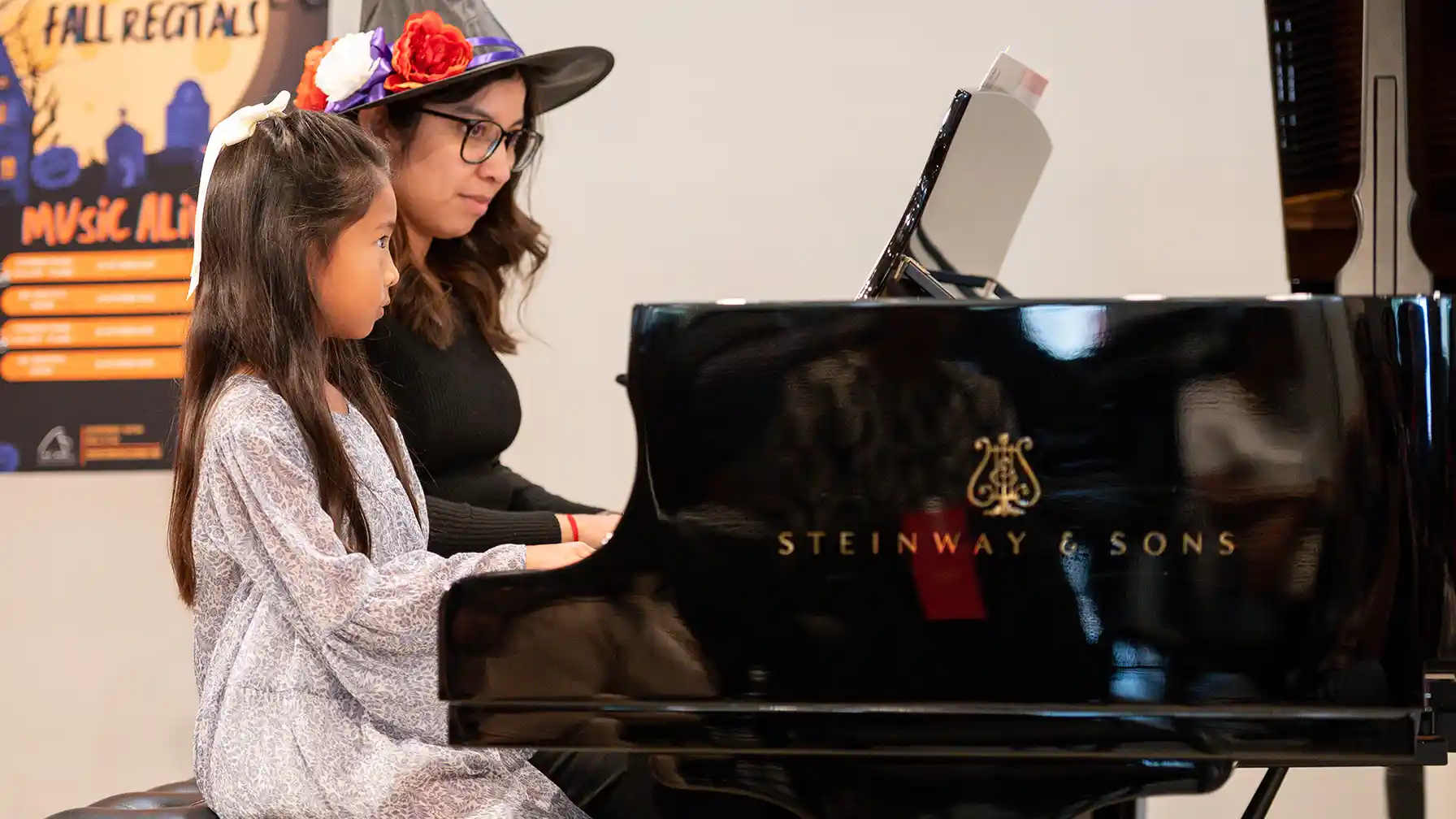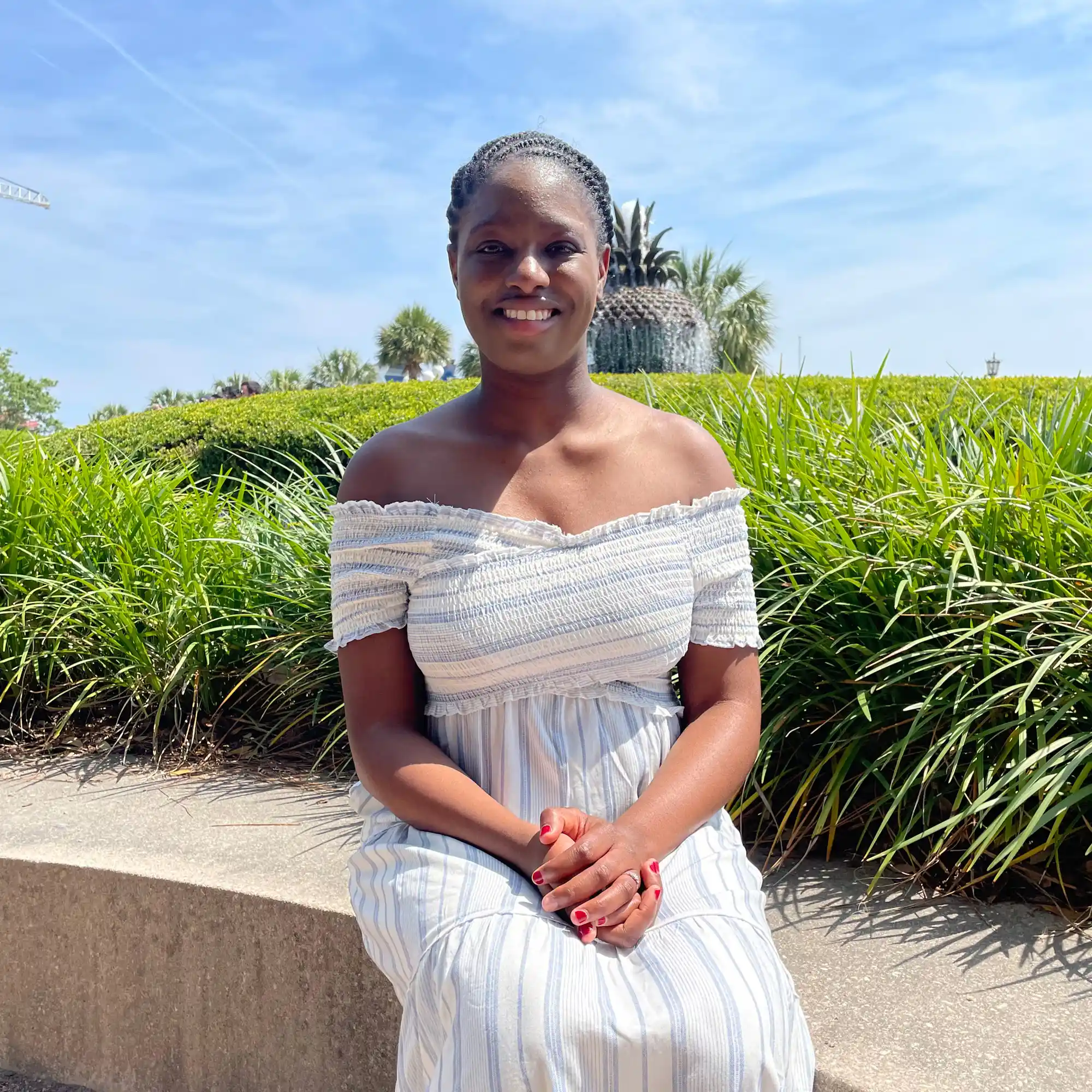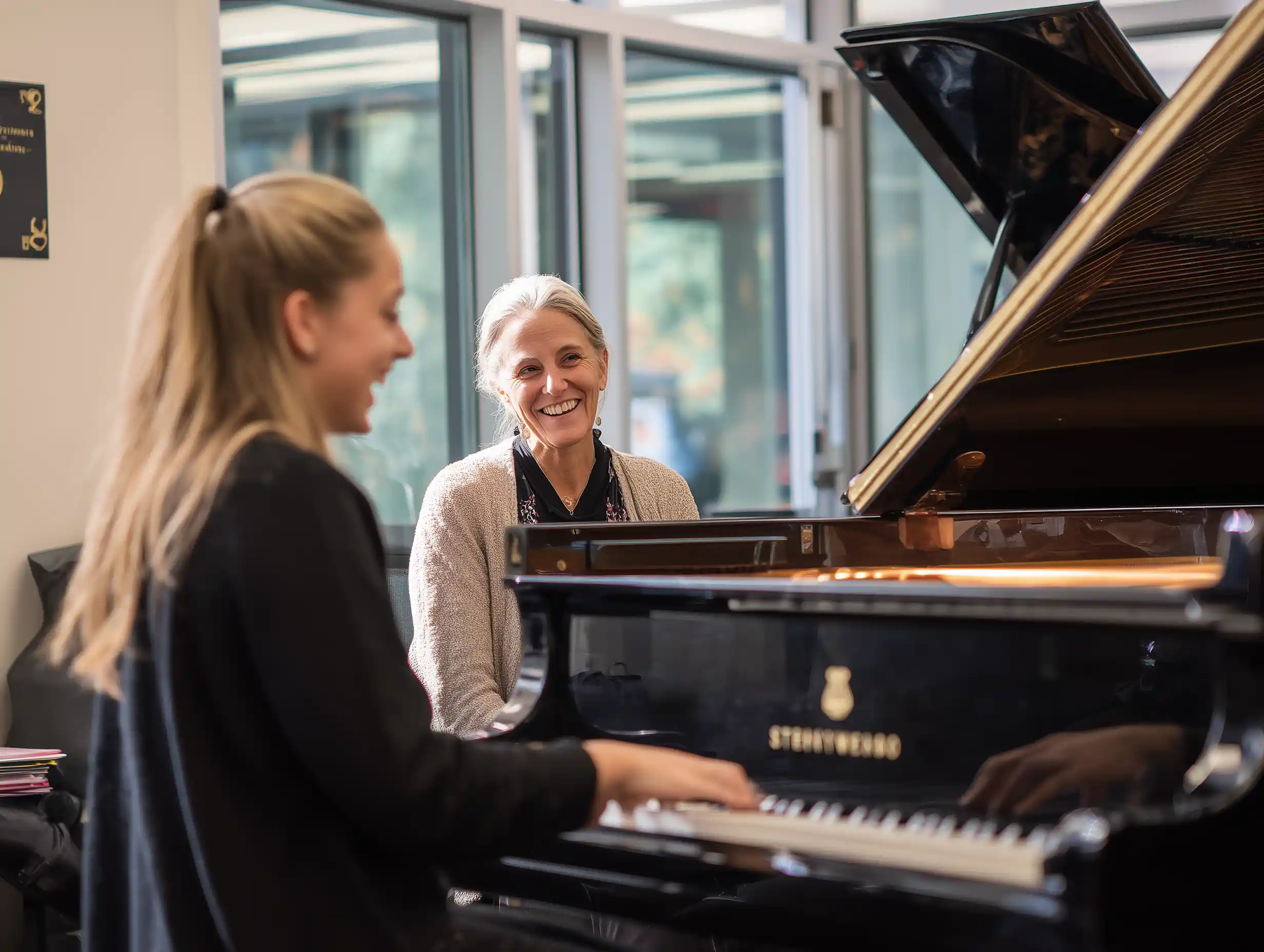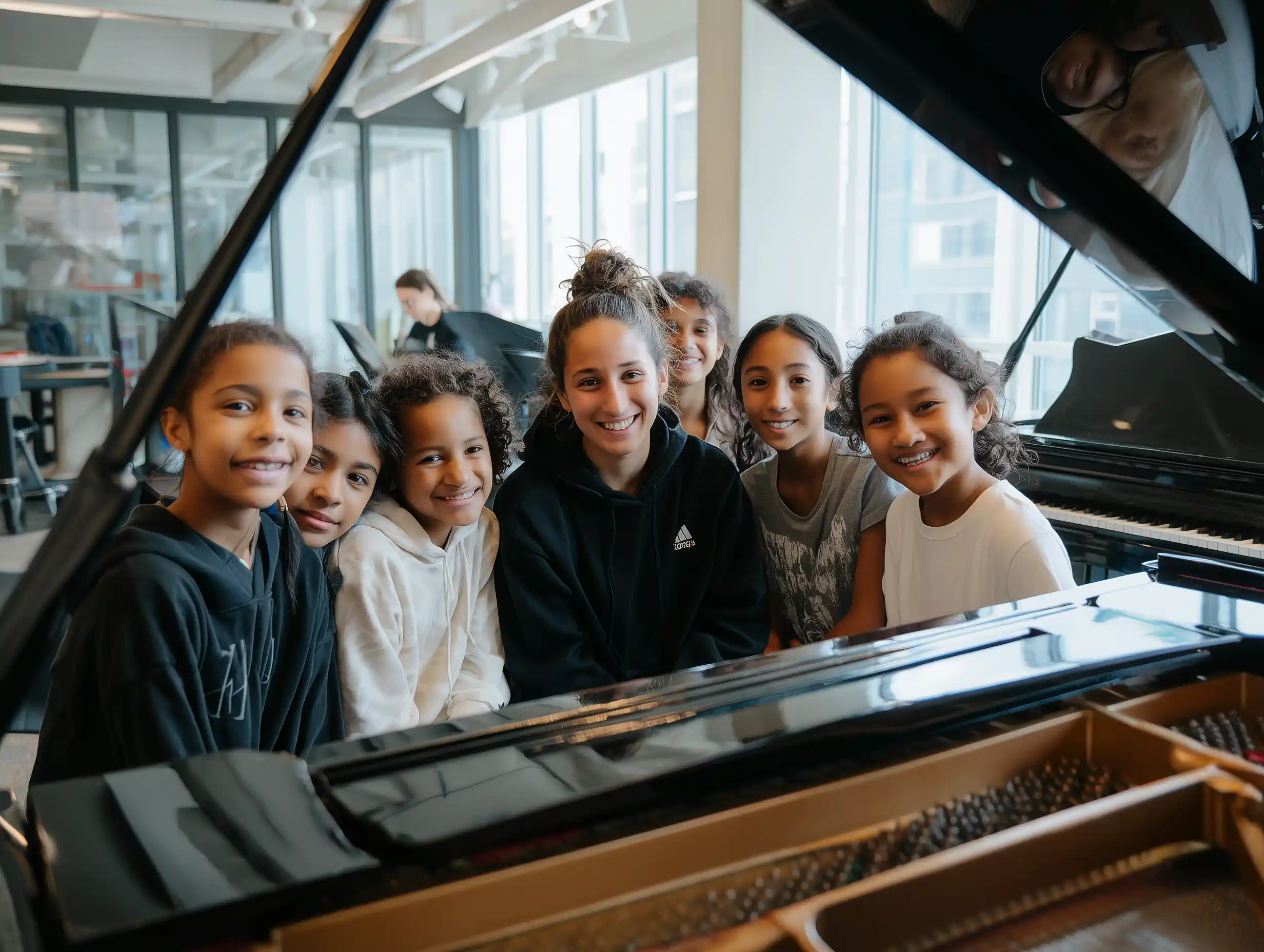How to Encourage Your Child to Practice (Without the Tears!)
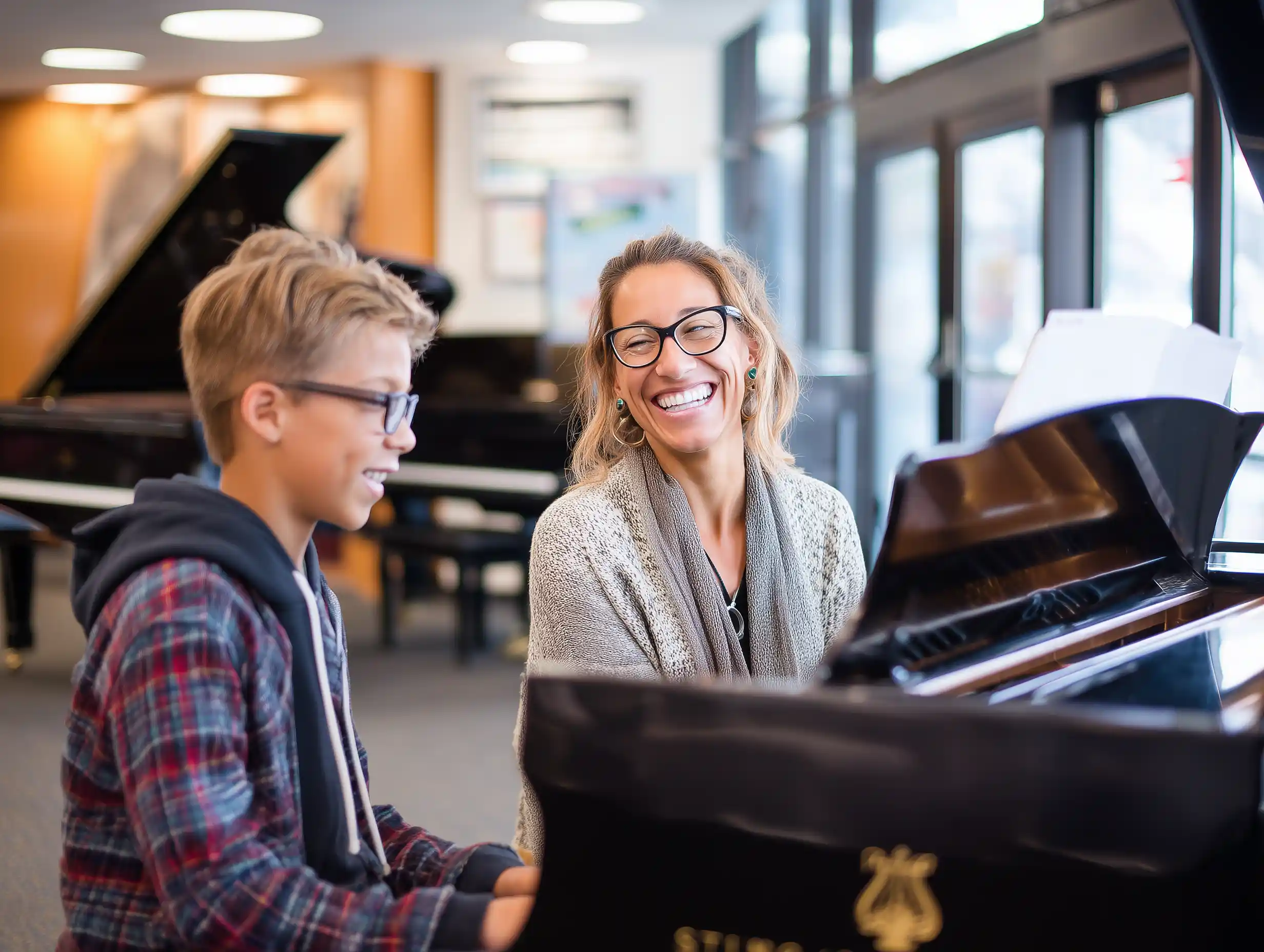
Practical tips from The Centre for Musical Minds, Frisco, TX
We’ve all been there: you remind your child to practice, and suddenly there are sighs, distractions, or even tears. At The Centre for Musical Minds (CMM), we know that learning an instrument takes commitment from both the student and the family — but it doesn’t have to feel like a battle.
With the right approach, practice time can become one of the most rewarding parts of your child’s week. Here’s how to make it work — without the stress.
1. Create a Routine That Sticks
Consistency builds comfort. Kids thrive on structure — and when practice time is predictable, it’s easier for them to follow through.
- Choose a regular time each day (before dinner, after homework, or right after school).
- Keep it short and focused — 10–20 minutes for young beginners, 30 minutes for more advanced students.
- Treat it like brushing teeth — a normal part of the day, not an optional activity.
At CMM, we’ve found that the two most effective days to practice are the day of the lesson and the day after. These two sessions help new material settle in while it’s still fresh, dramatically improving retention and confidence. Students who add at least two more short sessions later in the week see even faster progress — without adding frustration.
Short, consistent, and close to the lesson — that’s the winning formula.
2. Keep It Manageable (and Positive!)
When a piece feels too hard, frustration sets in quickly. Help your child break things into smaller, bite-sized goals:
“Let’s just play this one line.”
“Can you do that left-hand part five times in a row?”
“Let’s try it slow first, then faster.”
Celebrate progress — not perfection. A high-five and a “That sounded smoother than yesterday!” go a long way.
3. Make Practice Fun
Kids love games, challenges, and surprises. Try turning practice into play:
- The Dice Game: Roll a die — that’s how many times to play the section!
- Silly Challenge: “Play this part super slow… now super fast!”
- Reverse Teacher: Let your child “teach” you part of their piece.
At CMM, we often remind parents: If practice feels joyful, kids will do it more often.
4. Encourage, Don’t Criticize
When your child plays, it can be tempting to correct every missed note. Instead, try staying curious:
“I love how expressive that sounded.”
“Which part feels hardest to you?”
“How does your teacher want you to practice this section?”
Positive attention helps your child associate the piano with warmth and encouragement — not pressure.
5. Celebrate Progress
Visible progress keeps kids motivated. Try one or two of these ideas:
- Sticker charts or “practice streak” trackers.
- Before-and-after videos every few weeks so they can see improvement.
- Family concerts — even just one song after dinner.
Students at CMM who celebrate their growth — rather than just checking off “practice time” — stay engaged longer and develop a genuine love of music.
6. Connect Practice to Purpose
Kids practice more willingly when they know why it matters.
You can say things like:
“This helps your fingers move more smoothly.”
“You’re preparing for performance class next week!”
“This will make your favorite song easier to play later.”
When practice feels meaningful, it becomes more than just homework — it becomes personal progress.
7. Partner With Your Teacher
At The Centre for Musical Minds, we see parents as part of the learning team.
If practice feels stressful at home, talk with your teacher. They can:
- Suggest creative strategies or shorter assignments.
- Adjust lesson content to fit your child’s attention span.
- Recommend engaging group classes or duet partners.
Often, small adjustments make a big difference.
Remember: The Goal Isn’t Perfect Practice — It’s Joyful Growth
Children who learn how to practice don’t just become better pianists — they learn discipline, confidence, problem-solving, and patience.
When you stay calm, consistent, and encouraging, practice becomes a source of pride and joy for both of you.
📍 The Centre for Musical Minds
7884 Preston Road, Frisco, TX
📞 214-586-4309
➡️ Contact us today for more helpful parent resources »


